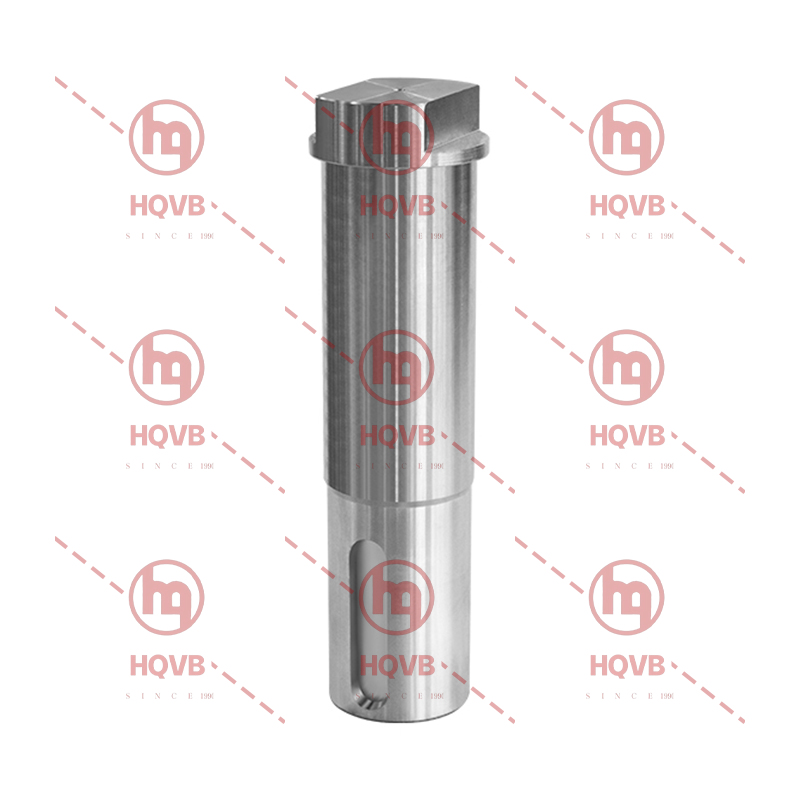In industrial piping systems, flow control plays a critical role in ensuring system reliability, safety, and efficiency. Among the many components involved in fluid regulation, valve balls are key elements in ball valves and control valves, especially in high-pressure environments. Precision machining of these components directly affects performance and service life. This article explores how precision-machined valve balls contribute to improved flow control in various industrial applications, focusing on control valve ball valves, high pressure stainless steel ball valves, and seat supported ball valves.

The Role of Valve Balls in Flow Control
Valve balls are spherical components that rotate within the valve body to regulate fluid flow. In control valves and ball valves, the ball rotates to open, restrict, or shut off flow through the system. The surface finish, roundness, and dimensional accuracy of the valve ball are essential for maintaining consistent flow control and achieving a reliable seal when the valve is closed.
When valve balls are not machined to precise specifications, gaps or irregularities can form between the ball and the valve seat. This can result in fluid leakage, pressure loss, or even failure under high-pressure conditions. Therefore, precision machining is not just a matter of product quality—it is fundamental to system integrity.
Precision Machining and Its Benefits
Precision-machined valve balls are manufactured using advanced CNC technology and stringent quality controls. The machining process involves multiple stages such as turning, grinding, polishing, and sometimes coating, depending on the application.
Key benefits of precision machining in valve balls include:
Tight dimensional tolerances: Enables smooth rotation and accurate flow regulation.
Improved surface finish: Reduces friction and wear, especially important in high cycle applications.
Consistent spherical shape: Ensures even contact with the valve seat for reliable sealing.
Material uniformity: Critical in high pressure applications to withstand force and resist deformation.
These qualities are particularly important for applications involving high pressure stainless steel ball valves. In such systems, even minor imidealions can advance to rapid degradation of the valve’s sealing surfaces, resulting in unplanned downtime and maintenance.
High Pressure Stainless Steel Ball Valves
High pressure stainless steel ball valves are widely used in oil and gas, chemical processing, and power generation industries. These valves are designed to operate under bad conditions involving elevated temperatures, corrosive media, and high mechanical stress.
In these applications, the valve balls must be able to maintain structural integrity while ensuring a secure seal. Precision machining ensures that the ball surface matches precisely with the valve seat, even under fluctuating pressure and temperature. Stainless steel is the preferred material due to its resistance to corrosion, strength under pressure, and durability over time.
Manufacturers often use 316 or 304 stainless steel for valve balls in these high pressure systems. With the help of CNC machining and strict quality inspection, these balls meet industry standards for pressure ratings and leakage prevention.
Seat Supported Ball Valve Designs
Seat supported ball valves are another important configuration where the role of a precision-machined valve ball is critical. In this design, the ball is supported by resilient seats that hold it in place and provide the sealing function.
The accuracy of the ball’s shape and surface finish directly affects how well it seats and unseats under operating conditions. If the ball does not seat properly, leakage may occur, or the valve may require more torque to operate. Seat supported designs rely on consistent ball-to-seat contact, and any deviation caused by poor machining can affect valve performance.
This type of valve is especially useful in systems that need quick shut-off and smooth actuation. With precision-machined valve balls, seat supported ball valves can maintain low torque operation while ensuring small leakage and high cycle durability.
Applications and Considerations
Precision-machined valve balls are used across a wide spectrum of applications—from automated control valve systems in manufacturing plants to manually operated stainless steel ball valves in fluid distribution networks. Their performance affects everything from flow efficiency and energy usage to system longevity and safety.
When selecting or specifying valve balls for a project, engineers must consider not only the valve type—such as control valve, ball valve, or seat supported ball valve—but also the pressure rating, media type, temperature range, and actuation method. In high pressure applications, the combination of stainless steel material and high-precision machining provides a reliable solution that supports long-term operation.
Precision-machined valve balls are fundamental to efficient and safe flow control in industrial systems. Their impact is seen more clearly in applications requiring high performance, such as control valves, ball valves, and high pressure stainless steel ball valves. By ensuring exact dimensional tolerances and high surface quality, these components help seat supported ball valves operate more reliably, with better sealing and longer service life. As industries demand higher performance under tighter operational margins, the role of precision in valve ball manufacturing continues to grow in importance.